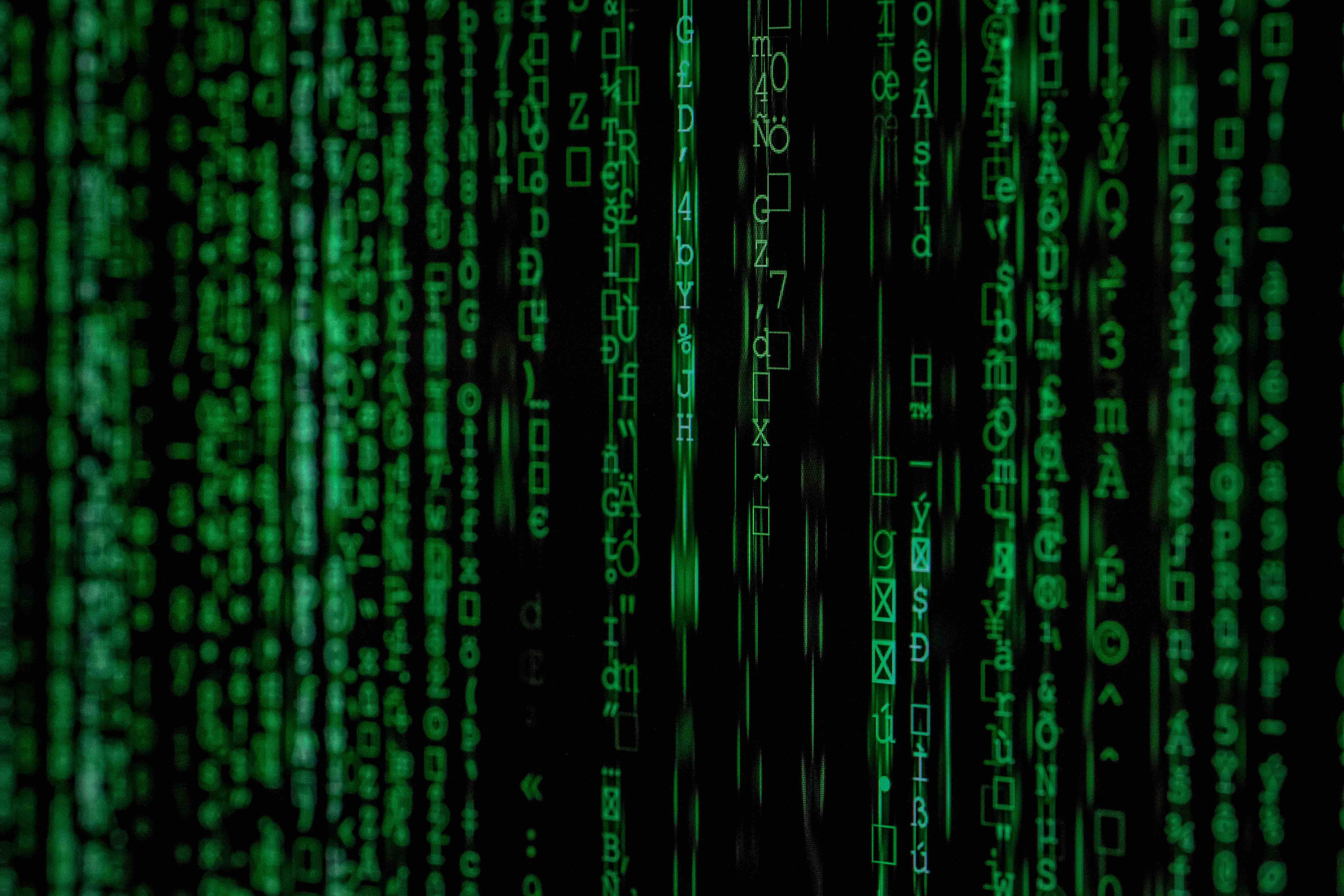Layered Security
- Physical
- Identity & Access
- Perimeter - Network Edge
- Network - Network Segmentation, ZTN
- Compute
- Application - secure coding
- Data - encrypted
Risk Management Analysis
- Impacts
- Vulnerabilities
- Threats
Phishing
- Types:
- Untargeted
- Spear phishing
- Whaling
- Mitigation steps:
- block spam - user and server
- block bad websites - browser and firewalls
- password manager - strong and unique passwords
- multi-factor authentication
- security training and drills
Malware and Ransomware
- Types:
- Viruses
- Worms
- Adware
- Spyware
- Trojan
- Rootkits
- Phishing
- Attack vectors:
- System Vulnerabilites - software and hardware
- Social Engineering
- Mitigations:
- frequent backups
- updates and patches
- upgrade to latest OS versions
- firewalls
- antivirus and antimalware updates
Cryptojacking malware
- Attack vectors:
- Malware
- Drive-by cryptomining
- Mitigation:
- monitor CPU utilization
- monitor process activity
- script and ad blockers
- antimalware updates
Botnet malware
- Botnet actions:
- DDoS attacks
- Spam/phishing
- Malware propogation
- Network breaches
- Cryptomining
- Attack vectors:
- System Vulnerabilites - software and hardware
- Infected IoT firmware
- Infra Mitigation
- distribute servers across geographically separate data centers
- use multiple ISPs
- use ISPs with DDoS mitigation response plans
- conduct DDoS drills
- System Mitigation:
- monitor process activity
- monitor network activity
- script and ad blockers
- antimalware updates
IoT vulnerabilities
- Growth
- Rise of cloud computing
- Low Cost
- Easy access to Wi-Fi
- Growth of 5G
- Personal IT devices
- Home appliances
- Transportation
- Vulnerable
- no antimalware protection
- default passwords
- simple and less secure protocol stacks
- large exploitable device base
- Mitigation
- Network device invetory and monitoring
- Network segmentation and isolation
- Firewall
- change default passwords
- configure strong security
- updates and patches
Cloud computing
- Growth
- easier to manage
- quickly scalable
- more convenient
- less expensive
- Vulnerable
- data breaches - attacks or errors
- weak access management - lack of role-based access
- weak APIs and interfaces
- system vulnerabilities
- account hijacking
- malacious insider abuse and attacks
- Advanced Peristent Threats - APTs
- data loss - attacks, errors, disasters
- poor due dilignece - incorrect deployments
- abused cloud services - DDoS, spam and phishing, cryptojacking
- Denial of Service - revenue impacting
- Shared technology and resources
- Mitigation
- consensus assessments initiative questionnaire (CAIQ)
- cloud control matrix (CCM)
- Breaches - permiter and internal firewalls, data-at-rest encryption, multi-factor authentication
- Access and Hijacking - strong rotating password, multifactor authentication, role based access
- API and Interfaces - security code reviews, application penetration tests, threat modeling application data flows
- System - vulnerability scan, penetration test, system update
- Malacious insiders and APTs - termination process, role-based access, network segmentation, network monitoring and reponse
- Data loss - disaster recovery plan, effective backups, geographically separate data centers
- use ISPs with DDoS mitigation response plans
- per tenant firewalls and encryption at rest
Shadow IT
- Growth
- understaffed IT departments
- restrictive IT solutions
- easy SaaS solutions
- Vulnerable
- data loss
- data breach
- insecure and unpatched systems
- non security compliant system - regulatory issues
- Mitigation
- centralized technology acquisition
- IT assest inventory - SIEM
- define IT policy
- configuration to allow only authorised systems - NAC and ZTN
- cloud access security broker (CASB) - ????
References:
- Comodo Cybersecurity 2018 global Threat Report
phishing as the most common method of attack
average 16-20 malicious emails per month
- Proofpoint 2019 State of the Phish Report
compromise in 2018 rose 70% over 2017 and 280% over 2016
- IHS Market Research
IoT devices will rise from 27 billion in 2017 to 125 bbillion in 2030
- Symantec Internet Security Threat Report (ISTR)
Routers and cameras are the most malware affected IoT devices accounting for 90% of malacious activity
- OWASP top10 IoT project recommendations
- Cloud Security Alliance: Trecherous 12 top threats
- CSA security guidance for critical areas of focus in cloud computing 4.0
- Gartner estimates shadow IT expenses at 30-40% of company IT spending
- Subscriptions - SANS, Bruce's crpytogram
- Security podcasts - Hack n News, Defense in Depth
- Security publications - CISO Mag and Cyber defense magazine

